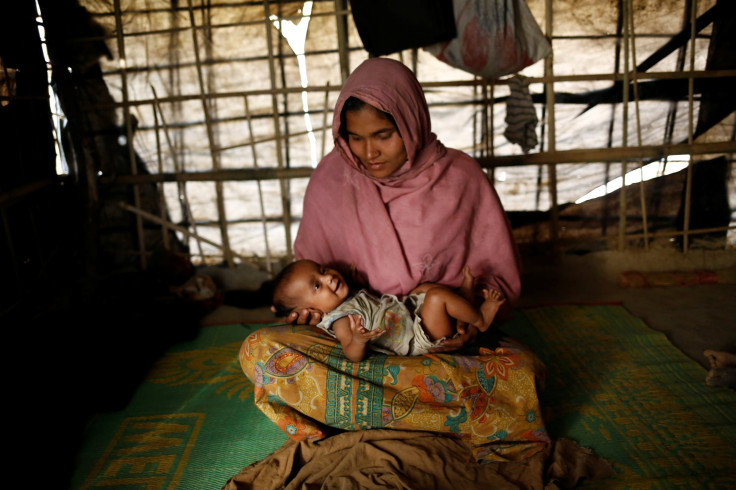Having Children After 35? Older New Mothers Have More Compassion

Mothers who experience childbirth for the first time in their thirties have more compassions and punish and scold their child much less frequently than their younger counterparts, according to a Danish study published Monday in the European Journal of Developmental Psychology. This results in the children of older women experiencing less behavioral, social, and emotional difficulties growing up, the study found.
After surveying roughly 4,700 Danish women between the ages of 17 and 49 and their children, researchers found that moms who had their first child after 35 or later in life were more authoritative during the early stages of motherhood, and better at providing their kid with clear boundaries between unacceptable and suitable behavior. That was because older mothers were found to be less worried about their pregnancies and had better attitudes about becoming parents.
Read: Women And Health Care: Study Reveals Gender Split In Ability To Afford Coverage
Researchers noted that mothers who gave birth at older ages were more tolerant and forgiving in events where their child misbehaved, while those who had a child at younger ages acted stricter in similar situations. The study surveyed children of school age and found that those with older moms had better language skills and saw fewer social and emotional problems in school at ages 7 and 11, but not at age 15.
The primary reason why mothers who gave birth at a later age made better parents is because they experience more stable relationships in their lives, which “indicated psychological maturity,” one of the study’s main authors, Professor Dion Sommer of Aarhus University in Denmark, told local reporters. Mothers who waited until they were in their thirties to have children additionally tended to have more income, education and better access to maternal resources than those who had a baby when they were younger, she said.
Children of older mothers tend to experience fewer behavioral, emotional and social problems at the ages of 7 & 11. https://t.co/VdPGtGbaAA pic.twitter.com/vLOehuNDhK
— Sue Ellen Peters (@Joliesoile) March 21, 2017
"We know that people become more mentally flexible with age, are more tolerant of other people and thrive better emotionally themselves. That's why psychological maturity may explain why older mothers do not scold and physically discipline their children as much," Sommer said.
A growing number of American women have elected to have their first child later in life in the last two decades, with the average age of first-time mothers in the U.S. rising from 24.6 in 2000 to 26.3 in 2014, NPR reported. The increase not only occurred across all states but also across every racial and ethnic category. Women of Asian and Pacific Islander descent had their first child later than women of any other demographic in the U.S., with their average age for mothers having a first child hovering close to the 30-year-old mark.
Women in their early thirties had a lower chance of getting pregnant than those in their twenties, while the risk of having a miscarriage or a baby with Down syndrome was slightly higher. A woman's ability to conceive a child begins to decelerate significantly when she reaches 35-years-old.
© Copyright IBTimes 2024. All rights reserved.






















